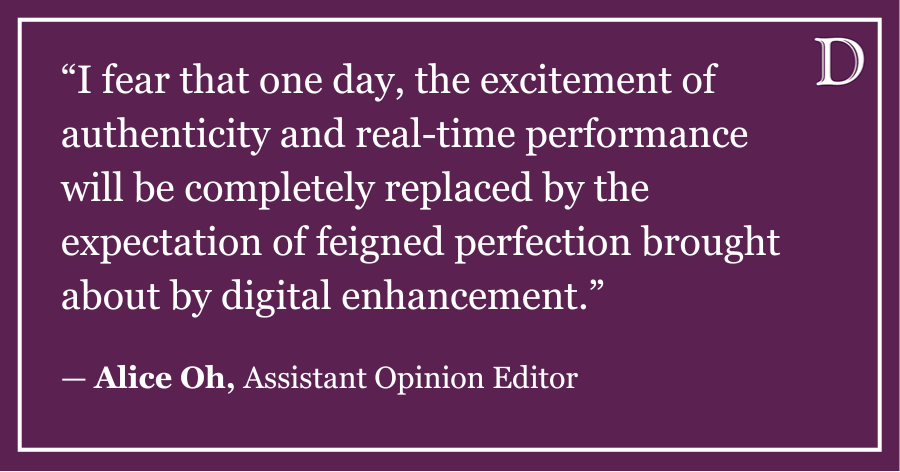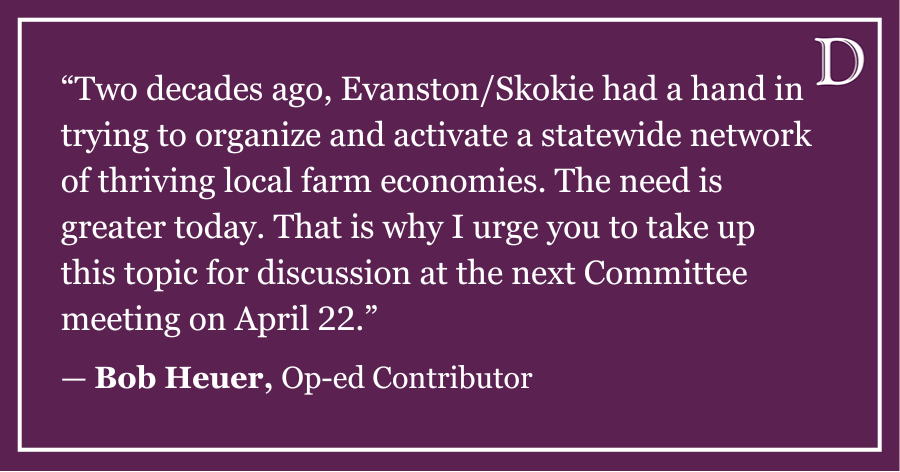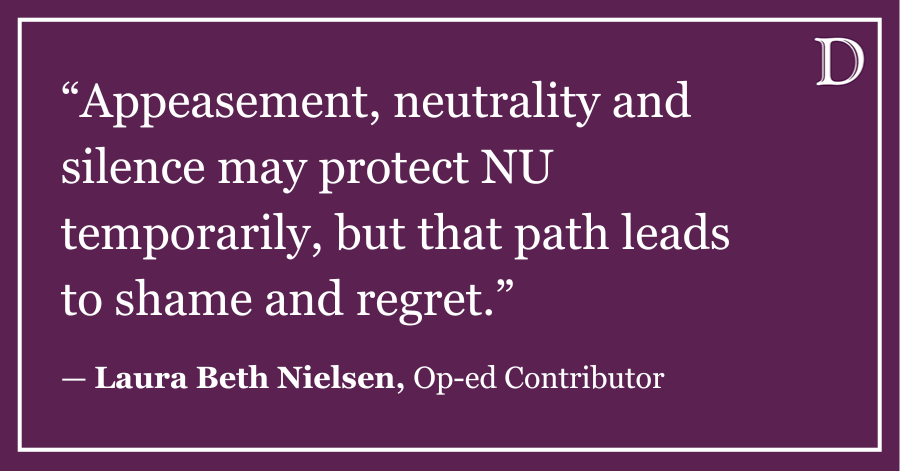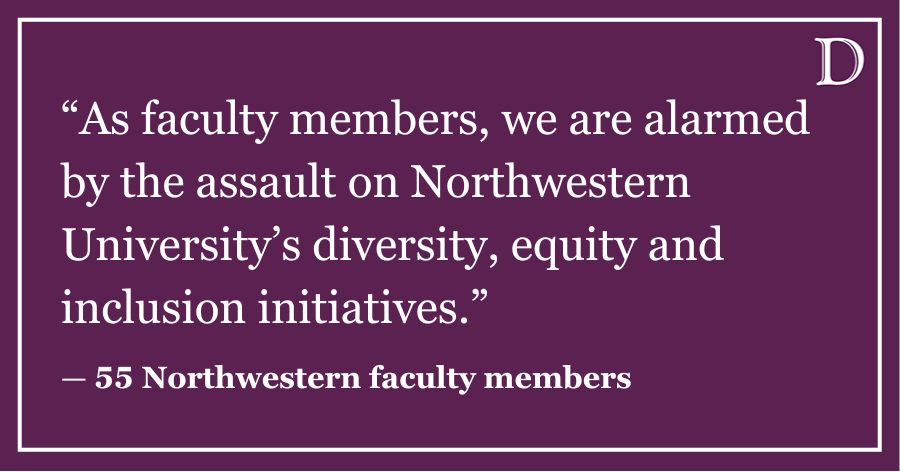Growing up in Montbello, a neighborhood in the far northeast of Denver, small businesses were places for meaningful conversations, gathering with friends and family and bonding over issues that affect the community. Visiting small businesses is more than fulfilling a craving; they are for engaging with your community.
I always looked forward to joining my parents in their visits to these small businesses because I could see my culture and experiences reflected in store offerings. Even just taking a stroll around stores that I have never entered before is always a sight to behold, and I walk away informed about what is available for the community.
Not to mention, a great majority of these small businesses are run by immigrants who reside within Montbello and the surrounding neighborhoods. Black-founded barber shops, Latino-owned snack establishments and Caribbean grocery stores cater to their communities, especially when bigger chains aren’t necessarily tailored to specific demographics.
Last fall, my parents had me go on a journey to find fresh tortillas for my household. Our usual spot, Tortilleria La Amapola, was closed for the week as they had run out of dough to make their iconic product. So, we had to settle for the Guerrero tortillas, which are not our favorites.
This is why small businesses matter! I mean, you aren’t going to find an authentic pack of tortillas at King Soopers. You would go to the local tortillería and buy a pack that has the authentic taste — and you won’t get complaints from your Mexican parents.
Frankly, sometimes services and products can be expensive compared to the chain offerings. But, they are of higher quality, have a story behind them and support those who have a direct hand in providing good to the community and beyond.
This experience is not just felt in Montbello; it is a national phenomenon. In fact, according to the Small Business Administration’s Office of Advocacy, “Immigrant owners consisted of roughly 18 percent of business owners with employees and almost 23 percent of business owners without employees” in 2022.
The Neighborhood Small Business Growth Strategy, launched by former Mayor of Chicago Rahm Emanuel, assists small businesses with filling vacant storefronts with high potential, creating networking opportunities with other businesses and developing connections with the Chicago Alternative Policing Strategy.
Not only does this strategy allow new businesses to have a connection to the city, but they are backed and supported by an administration that wants them to thrive. Yet, what about the communities that aren’t directly a part of a major city?
When I began my undergraduate career at Northwestern, I was expecting a lot of major corporations and brands to have a hold on the Evanston community. Fortunately, I was welcomed by a diverse community of entrepreneurs and innovators who want to further their connection to the city.
Ovo Frito Cafe, cloth + home and Gigio’s Pizzeria are not just some of Evanston’s favorite small businesses. They are places I was welcomed, formed genuine connections with owners and ultimately recommended to friends who wanted to explore what downtown Evanston has to offer. Even the 2024 Best of Evanston issue pushed me out of my comfort zone.
From talking about how we maintain Mexican culture and values in Evanston to bonding over one-of-a-kind products made by local creatives, these bonds would not have been possible without the existence of small businesses. But, there is something I would like to address.
For quite some time, Evanston has participated in Small Business Saturday, which usually takes place around the holidays for consumers to shop at small local businesses. Even though the sentiment is there, this special occasion should not be the only reminder to shop local.
I love the small business directory featured on the Downtown Evanston website and the features on their social media platforms, but as more national chains take over the vacant spaces downtown, additional effort should be made.
With the Trump administration removing diversity, equity and inclusion programs, national corporations and brands have scaled back on these practices. In spite of this, small businesses still support DEI efforts since they have a direct effect on hiring, workplace culture and employee satisfaction.
Small businesses have always been important to the economy, community culture and overall impact. But, with the uncertainty of the coming months, supporting local businesses should not just be used for economic purposes — we should be supporting our community as much as we can.
Alexander Hernandez Gonzalez is a Medill sophomore. He can be contacted at alexanderhernandez-gonzalez2027@u.northwestern.edu. If you would like to respond publicly to this op-ed, send a Letter to the Editor to opinion@dailynorthwestern.com. The views expressed in this piece do not necessarily reflect the views of all staff members of The Daily Northwestern.

















